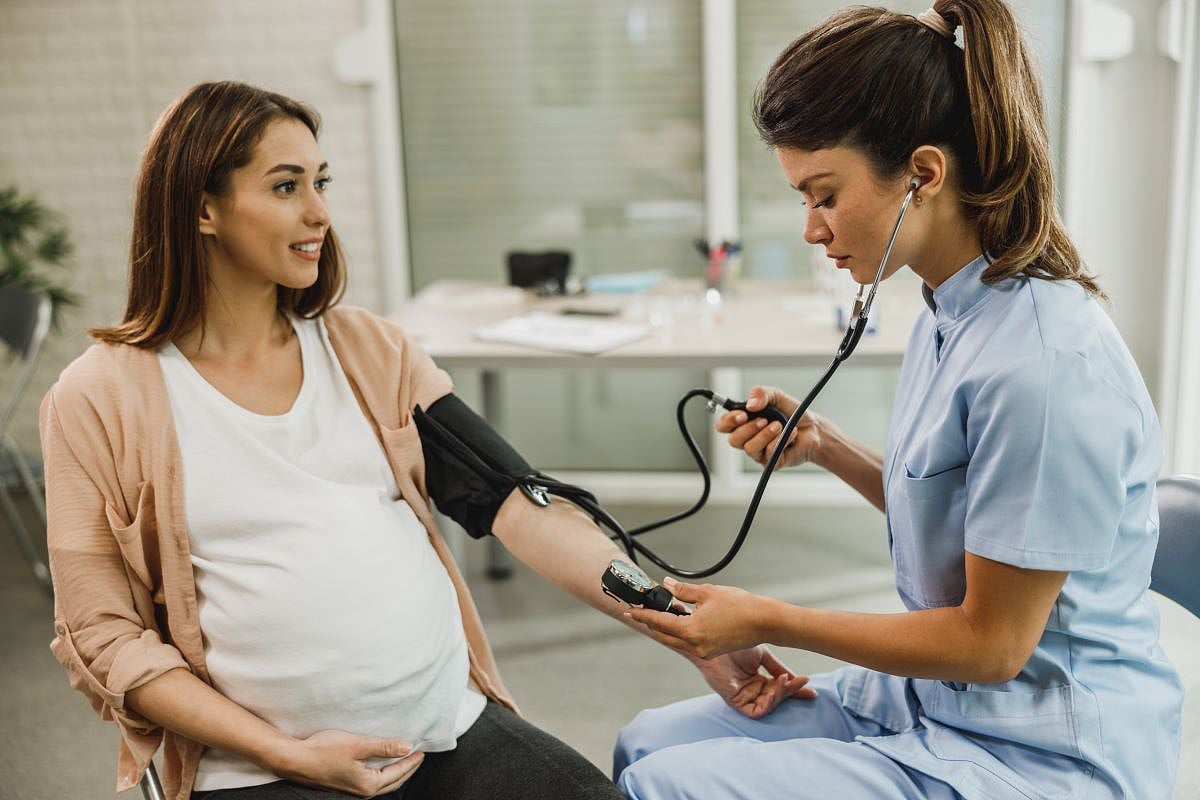
It’s long been known that certain complications of pregnancy can raise a woman’s risk for heart trouble years later. But new research shows that even the sisters of these women can be at higher heart risk — suggesting risks may be genetically shared within families. “It may be important to identify [all of] these women… read on > read on >






























